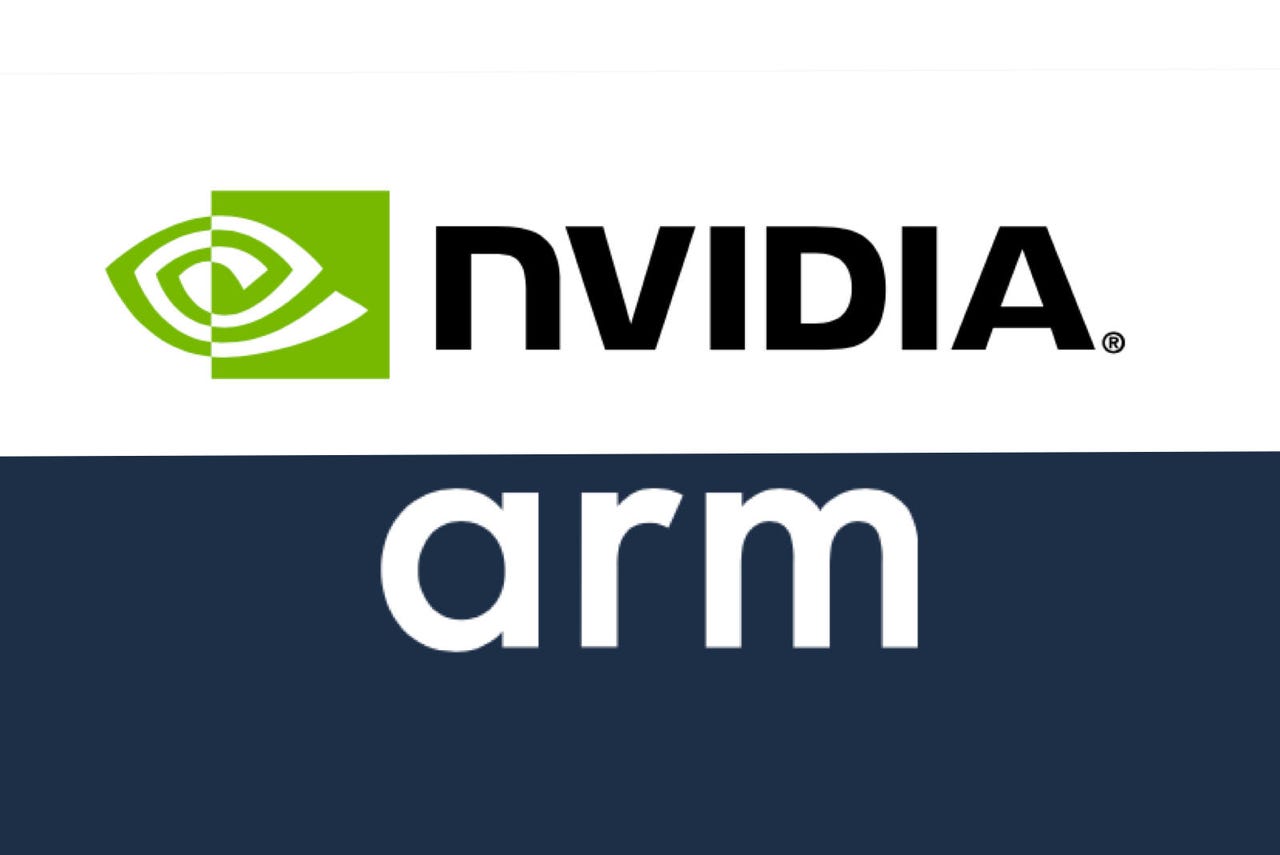Nvidia's ownership of ARM could drive customers to RISC-V, other alternatives if not careful, says Xilinx CEO


"If it gets approved and they're [ARM] not a pure-play IP company, I mean, you can count on there'll be new competition," Xilinx CEO Victor Peng told ZDNet in an interview Friday via Zoom.
"It's a great thing for RISC-V, it's a great thing for any alternative," he said, referring to the open-source RISC-V chip specification, which has been steadily gaining adherents.
Nvidia announced in September that it will buy ARM, which controls the intellectual property underlying the vast majority of the world's CPUs, including Apple's custom A-Series chips, for $40 billion in cash and stock from its current owner, Japanese conglomerate SoftBank Group.
Xilinx is in the process of being acquired by Advanced Micro Devices for $34 billion dollars, a deal that was announced last October. Both AMD and Xilinx rely on ARM's intellectual property, but both also compete with Nvidia, a situation that is true of numerous chip vendors, including Intel and Qualcomm, as Nvidia's presence spreads to many industries.
Also: Xilinx and Numenta claim dramatic speed-up of neural nets versus Nvidia GPUs
The deal is currently going through the regulatory approval process worldwide. ARM customer Qualcomm has reportedly voiced objections to the deal. In April, the U.K.'s Competition and Markets Authority requested comments on the deal, citing potential national security implications of the transaction.
Nvidia's CEO, Jensen Huang, has assured the world that the company's ownership of ARM will keep the intellectual property vendor at arm's length, so to speak, to ensure Nvidia doesn't have an unfair advantage over Huang's competitors who source IP from ARM.
And ARM has said there will be a "firewall" in place between itself and Nvidia.
Also: RISC-V, the Linux of the chip world, is starting to produce technological breakthroughs
At the same time, Nvidia last month announced a move more broadly into server-class CPUs, the "Grace" CPU for data centers, which seems likely to draw upon ARM's intellectual property, putting Nvidia more closely into competition with Intel and AMD, among others.
Xilinx's Peng notes that all ARM's customers are watching how the matter unfolds, and they all have alternatives, including but not limited to RISC-V:
We have a relationship with RISC-V, great thing for any alternative. We have our MicroBlaze technology [a "soft core"], we have x86 technology. We will have options on a strategic basis if needed. So they either have to figure out governance, where people will believe it's a level playing field, and they're not helping a competitor, or they will have competition, it may take a long time, but they are going to have competition. And we are not the only ARM licensee that looks to see how this plays out. Can they really make it a level playing field, or we are going to do something strategic.
Recently appointed Intel CEO Pat Gelsinger in March said the company will make chips for other companies, including chips based not on Intel's x86 but on RISC-V.